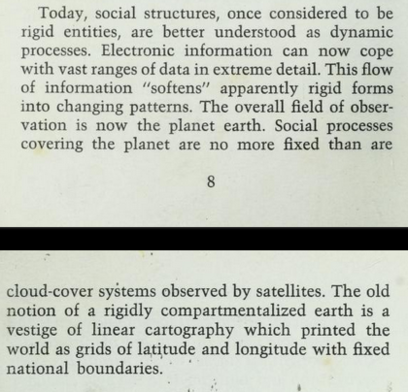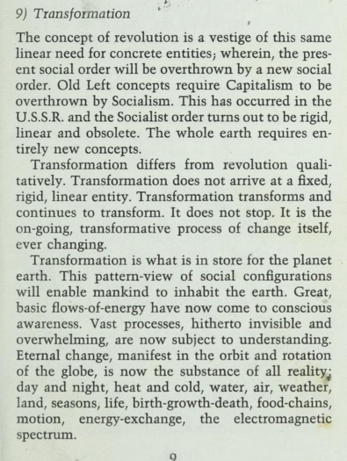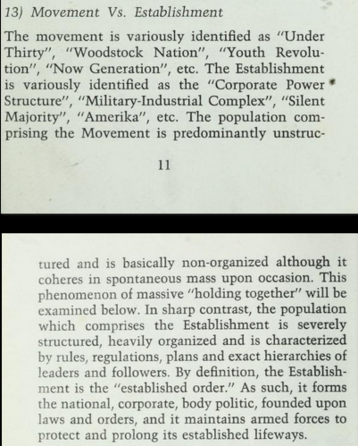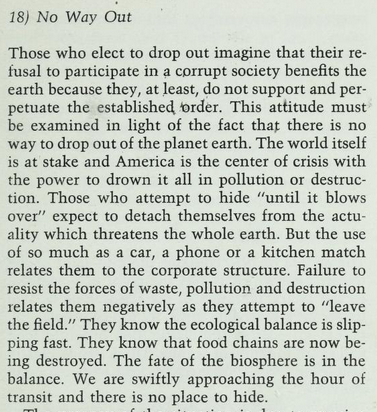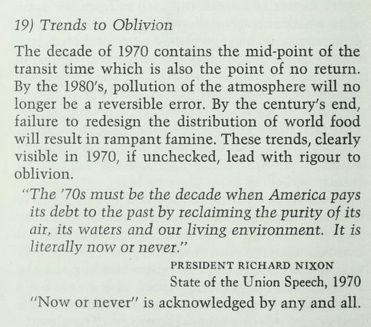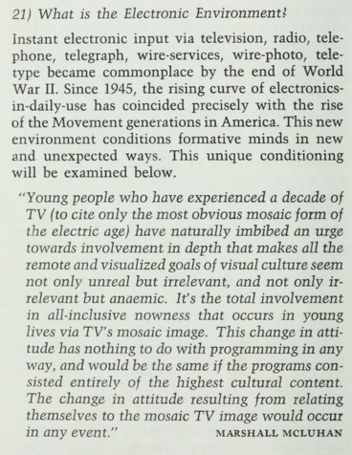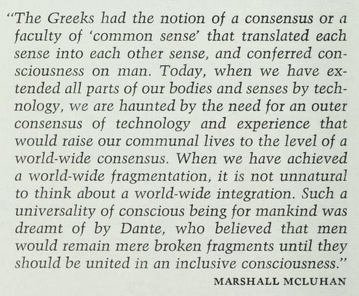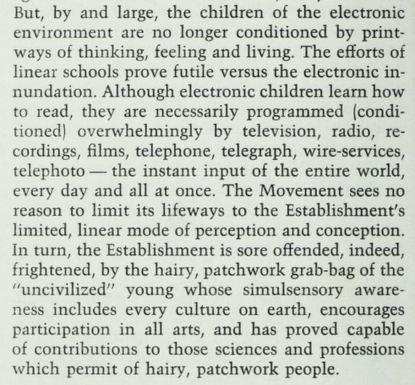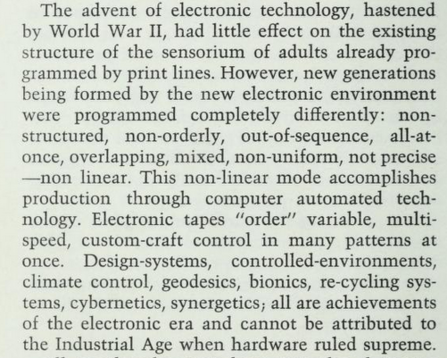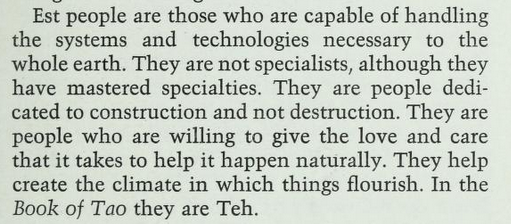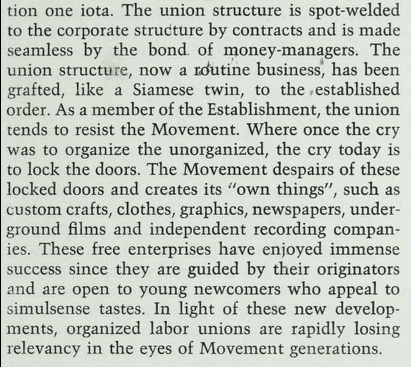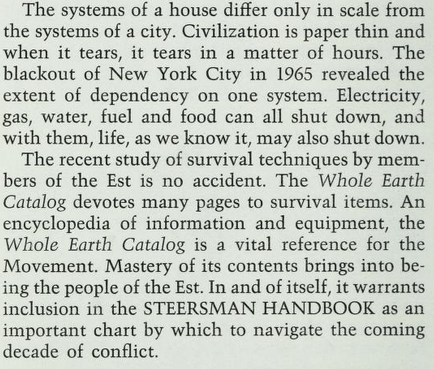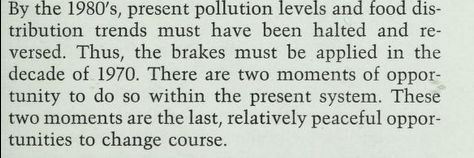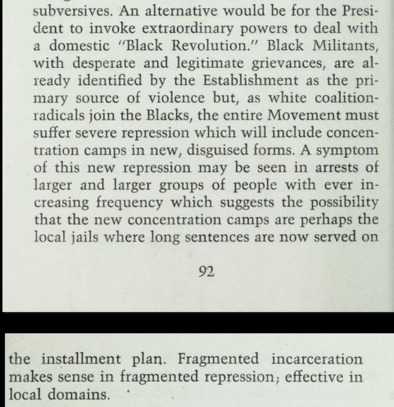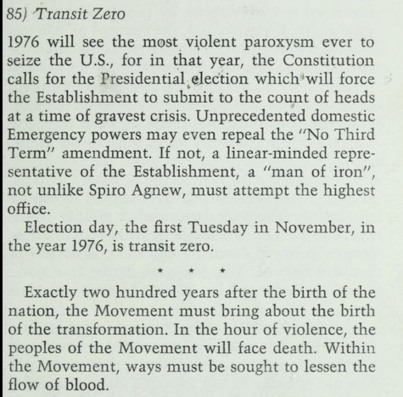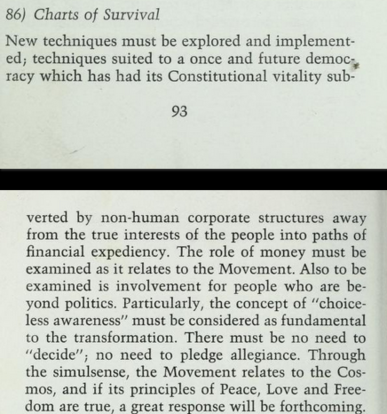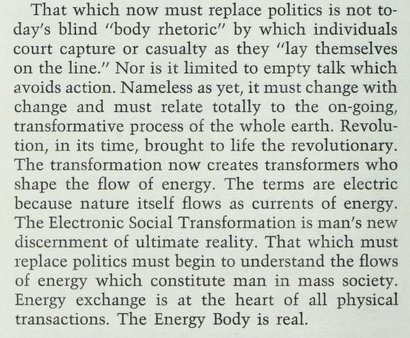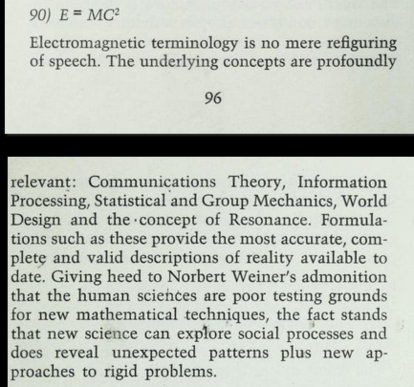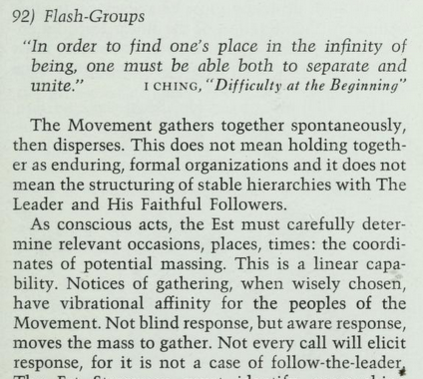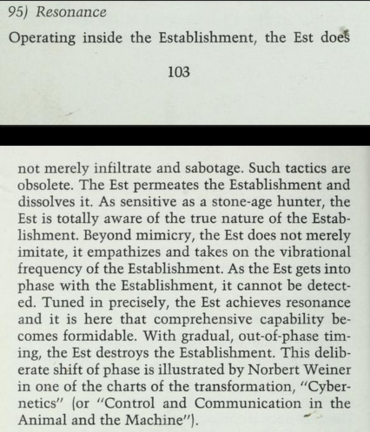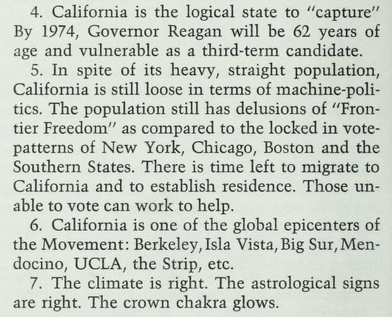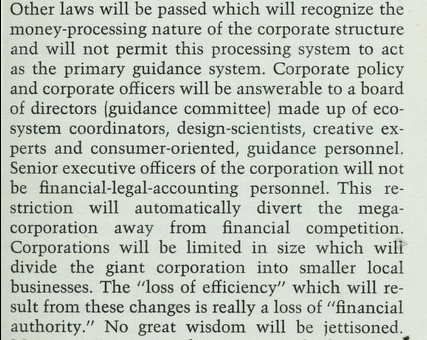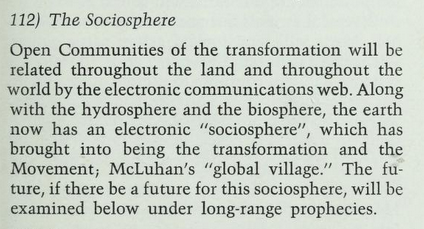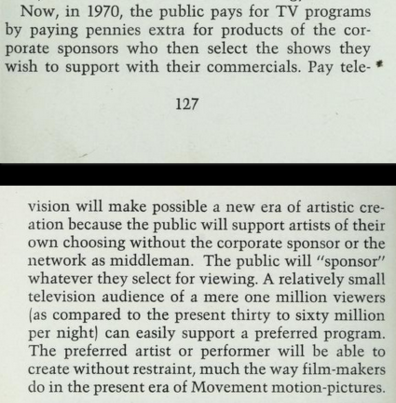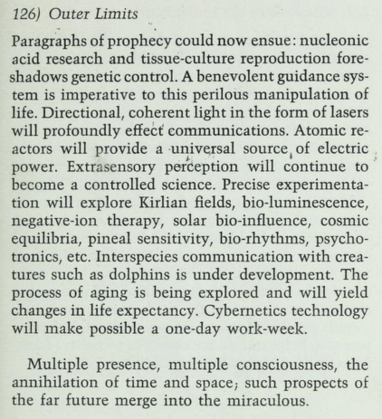@natecull In the grander scheme of things, I'm finding it interesting that representational politics seems to have a profound tendency (dating to Roman times, literally) of dividing into parties of Capital and Labour.
Employers and HR department, as you note.
"Capital" was initially: land and oligarchical access to government as in the hereditary role of Roman senators, since the Industrial Revolution, capital, finance, and distributional networks.
"Labour" in Roman times were the populares, the non-slave working class and most of the Roman colonies.
The swing voters were the equites, which included what we'd call the professional, skilled trades, merchants, and business classes. Their allegiances varied between the optimates and populares depending on political circumstances.
I think I've pointed out A.H.M. Jones's Augustus and its introductory paragraphs before. Realising that the political battle lines were drawn over 2,000 years ago was something of an insight:
https://old.reddit.com/r/dredmorbius/comments/6i2h0e/ahm_jones_augustus_the_breakdown_of_the_republic/
#AHMJones #Augustus #optimates #populares #equites #politics #capital #labour
